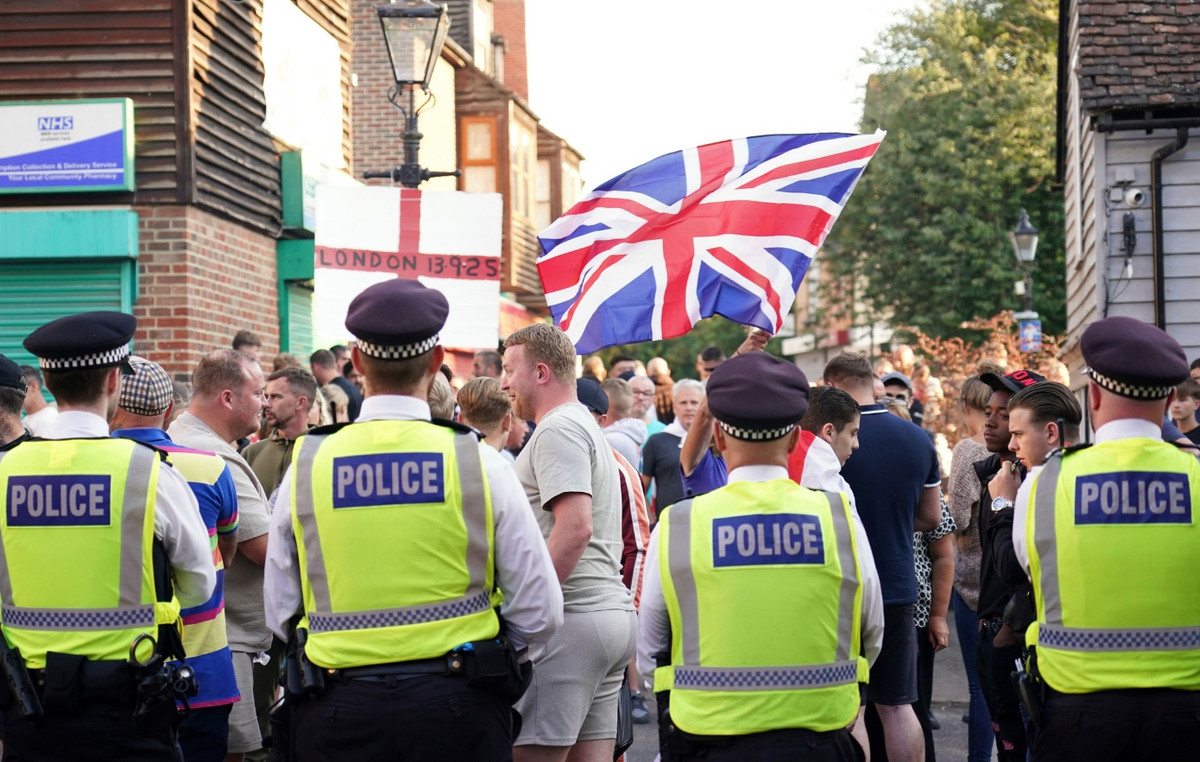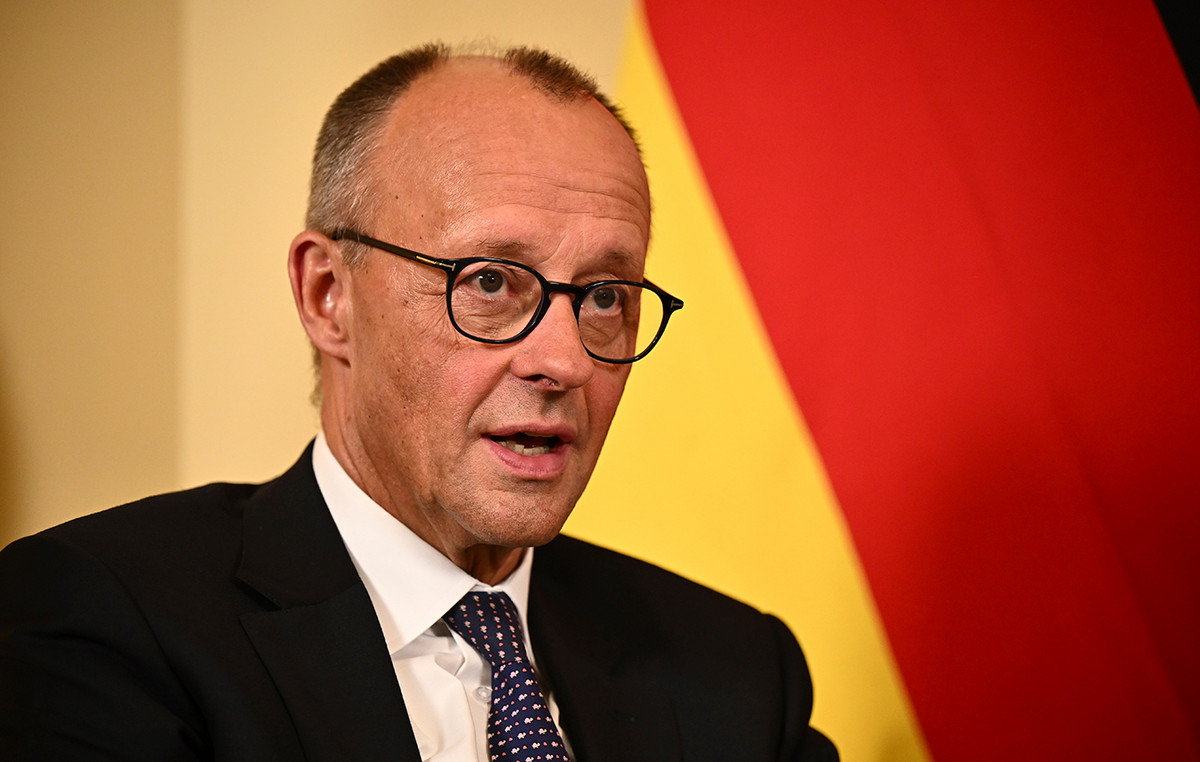Since the second half of 2022, the Ministry of Health has faced difficulties in leveraging the vaccination against Covid-19 in Brazil.
At this time, more than 19 million Brazilians are overdue for the second dose of the Covid-19 vaccine and are not fully protected against infection. According to data released by the ministry, the number of people who failed to receive the first booster dose reaches 68 million. Another 30 million are behind on the second booster dose.
Most immunizers against coronavirus infection, including Pfizer, AstraZeneca and Coronavac vaccines, have a two-dose primary scheme. Completing the primary scheme and receiving booster doses are fundamental strategies to increase immunity against the disease.
partial protection
Covid-19 vaccines were developed with the aim of reducing the risks of severe cases and deaths from the disease. Receiving only the first dose of immunizers with a two-dose primary schedule confers a partial immunity against coronavirus infection.
The known and proven vaccine efficacy data refer to complete schemes, mainly with regard to protection against new variants. Evidence indicates that fully vaccinated persons are less likely to become infected, including asymptomatic ones, to become seriously ill, and to transmit the virus to others.
According to the Brazilian Society of Immunizations (SBIm), the degree of protection may vary according to the immune response of each individual, the virus variants in circulation and the time elapsed since vaccination.
“It is important to emphasize that completing the regimen is essential to obtain maximum protection against the disease. In addition, with a large percentage of the population properly vaccinated, we can reduce the circulation of the virus, the chances of infection for people who do not respond well to vaccines or cannot be vaccinated, and hinder the emergence of more aggressive variants”, says SBIM.
Older people and people with pre-existing medical conditions such as high blood pressure, heart and lung disease, cancer or diabetes are more likely to develop more severe cases of Covid-19. Coronavirus infection can result in a variety of clinical conditions, from asymptomatic infection or mild symptoms to hospitalization and death.
Although most people develop mild or moderate symptoms, approximately 15% may develop severe symptoms that require oxygen support, and approximately 5% may have the critical form of the disease, with complications such as respiratory failure, sepsis and septic shock, thrombosis or multiple organ failure, including acute liver or heart injury, and require intensive care.
Covid-19 can cause impacts on the body that go beyond changes in the respiratory system, with prolonged symptoms that can last for weeks or months. The long Covid call is associated with neurological, behavioral changes, insomnia, muscle and joint pain. Other symptoms are mental confusion and agitation, loss of smell and taste, anxiety and depression.
What explains the abandonment of the vaccination schedule
In vaccines that have a multidose scheme, it is common for there to be a dropout rate, that is, people start vaccination, but do not return to the posts to continue.
“Like all vaccinations in multidose schemes, that is, more than one dose, what we call a dropout rate is common, frequent and expected: people who start the scheme and do not follow through. For a vaccine in three doses, for every 100 who take the first dose, 85 take the second, 70 take the third and so on, for example”, explains doctor Renato Kfouri, vice president of SBIm.
According to the specialist, abandoning the vaccination schedule is associated with several factors, including lack of information, false news and the mistaken perception that only one dose offers sufficient protection.
“This abandonment occurs for several reasons, from reactions that the person had with the vaccine and therefore does not want to take the second one or the mistaken perception that he is already protected with a dose. Disinformation, such as not knowing that there were two or three doses, in addition to forgetting. There is also the perception of risk itself, with the pandemic, in the case of Covid, moving towards a decrease in serious cases, this tends to relax in general”, explains Kfouri.
The four vaccines already approved in Brazil have a safety profile similar to the others we have used for years. They do not cause major side effects in most people who receive them. The most common events are pain at the injection site and fever. Other symptoms observed are the appearance of ganglia, tiredness, myalgia, headache and others, which cease in a few days.
“Out of a universe of almost 190 million, just over 10% of the abandonment rate between the first and second dose I think is quite reasonable, above the world average and for the third dose our problem is even greater. We have coverage of close to 60% of the eligible population who only took their 3rd dose”, says the specialist.
The vice-president of SBIM defends that the third dose should not be named as a “booster dose”, but that it be understood and incorporated as part of the primary vaccination scheme against the disease.
“After the arrival of the Omicron variant, it became evident that the protection achieved with the third dose is not simply a booster, a recovery of that two-dose protection. In fact, three doses work much better, they protect at much higher levels than two doses”, he points out. “So, even though the terminology is used of the third dose as ‘booster dose’, it is not a booster dose, but the practice of a primary vaccination scheme having three doses. This ensures the prevention of serious forms at all ages”, adds Kfouri.
booster shots
Studies show that booster doses increase the immune response and increase protection against serious cases and deaths from the coronavirus by more than five times. The definition of the public eligible to receive booster doses is made by the Ministry of Health, based on the recommendation of the National Health Surveillance Agency (Anvisa).
The public able to receive booster doses has been expanded throughout the pandemic according to new scientific evidence that suggests the benefit of additional applications.
The indication of a booster dose is based on the analysis of various evidence, including epidemiological scenarios in different places where there is an increase in the risk of illness among vaccinated people, albeit mildly.
The performance of vaccines is also evaluated in terms of their ability to prevent infection and severe forms, in different contexts of circulation of variants of concern. The assessment also considers the greater number of doses available and the priority given to higher-risk groups, which require a different vaccination schedule.
Find out how many doses against Covid-19 are recommended according to your age and health condition.
Source: CNN Brasil
I am an experienced journalist and writer with a career in the news industry. My focus is on covering Top News stories for World Stock Market, where I provide comprehensive analysis and commentary on markets around the world. I have expertise in writing both long-form articles and shorter pieces that deliver timely, relevant updates to readers.







